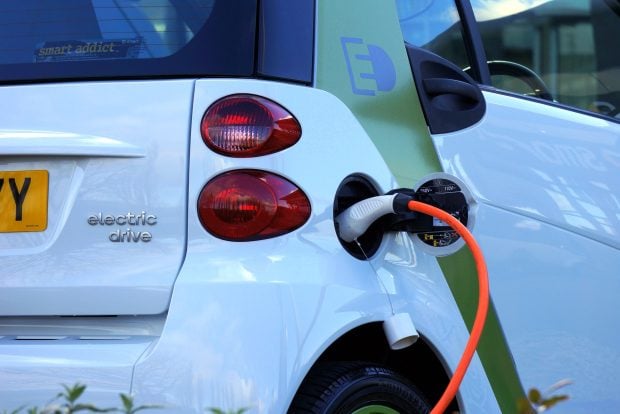Columbia urged to consider environment and economy

The OECD has urged the government of Columbia to steer economic development in an “environmentally sustainable and socially equitable direction.”
In its first ever ‘Environmental Performance Review of Columbia’, the OECD says the country’s “rich natural heritage is coming under increasing pressure from extractive industries, livestock grazing, urbanisation and car use.”
These developments are helping the country’s economy to grow quickly. But the report says it needs to balance such growth with a proper concern for the environment as a condition of joining the OECD.
While there are some aspects of Columbia’s economy that promote environmentalism, such as its reliance on hydropower, others are less ecologically sound. For example, its growth over recent years has depended in part on the extraction of oil, metals and minerals for export. The OECD says the environmental impacts of such activity need to be ameliorated for the sake of sustainable growth.
Part of the reason is Columbia’s exposure to extreme weather events, as evidenced by severe landslides and floods in 2010 and 2011. These affected three million people and reduced the nation’s GDP by two per cent.
Countering such vulnerability will be key to Columbia’s future success, concludes the report. This involves reducing the rate of deforestation, which is having a major impact on the country’s Amazonian, Caribbean and Andean regions. It will also involve removing government incentives on intensive livestock rearing, and trying to discourage the use of cars.
In a further recommendation, the OECD suggests that government ministries should be made more accountable for the environmental impacts of their policies.
























